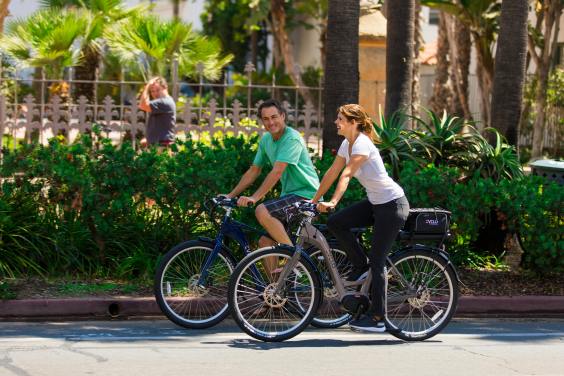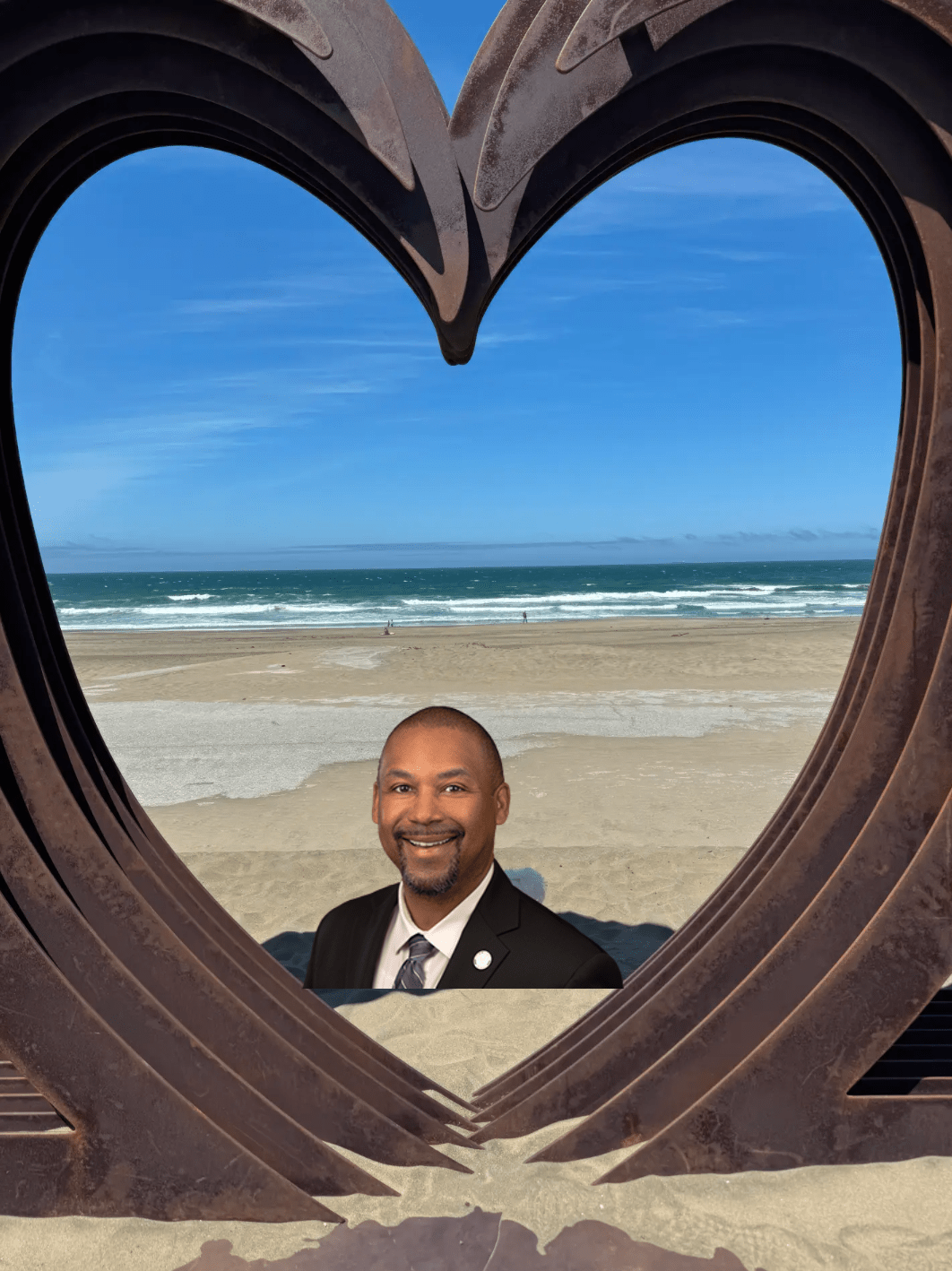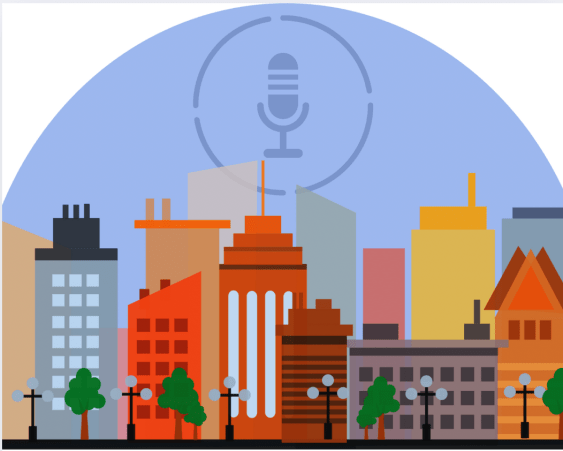 Flickr photo:sawdevcin
Flickr photo:sawdevcinTransportation accounts for one third of US greenhouse gas emissions and is the fastest growing source of emissions globally. Most of this comes from automobiles, and technical fixes like biofuels or hybrid/electric cars will not get us to the 80 percent reductions in CO2 that we must attain to stabilize the climate. We need to reduce driving and re-orient our daily mobility towards transit, bicycling, and walking. Even Ray LaHood, Obama’s Transportation Secretary – and a Republican – made the connection on a recent interview on C-Span. And San Franciscans have demanded that their political leaders get it too. Polling, balloting, and surveying has reified that San Franciscans overwhelmingly support a “transit first” agenda and understand that this includes discouraging driving.
Yet responding to state cuts to transit and other declines in revenue, Mayor Gavin Newsom and the MTA directors he appointed have targeted Muni riders – people doing the right thing – with a dramatic fare increase and significant service cuts to plug a $129 million budget deficit. Meanwhile, the Mayor and MTA have shied away from increasing parking prices in any meaningful way, and have dropped a proposal to extend parking meter charges to Sundays and evenings. The explicit public policy decision is one that makes transit less effective while keeping driving relatively cheap and convenient. This is the opposite of what we need to be doing. You do not address global warming by hitting 750,000 transit passengers with a fare increase that is proportionately four times more burdensome than the miniscule fees charged to motorists who park in publicly subsidized garages or on our public right of way.
Thankfully, this did not sit well with San Francisco’s Board of Supervisors, who rallied to reject Newsom’s fare hikes and service cuts, and who have a different vision about the future of this city. In his opening remarks at the Budget and Finance hearing Wednesday, the President of the Board of Supervisors, David Chiu, boldly stated that “if we want to protect the environment, we have to get folks out of their cars” and that “Muni is critical to our life as a city.” Chiu, backed by Supervisors John Avalos and David Campos, clearly recognizes the Muni debate is about more than fare hikes and service cuts. It is a debate about what kind of city - and world - we want in the future. Do we want a more socially just, Transit First city, or a city that stagnates in continued traffic and pollution while sea levels rise?
Newsom’s response to the board blocking his Muni budget is to claim that, without the fare increases, funds that go to health, human services, and public safety will have to be cut. The take away message is: car drivers are sacrosanct, while social services and transit can wrestle over limited funds. Ideas like congestion pricing, which has proven effective in London, and which has been discussed for years here in San Francisco, are not on the table. What is even more galling is that Newsom is campaigning outside of the city as an environmentally progressive candidate concerned about global warming. He touts solar and wind energy, “green” buildings like the CA Academy of Science, and boasts about his plug-in hybrid car agenda. But when it comes to the City’s Transit First policy, his actions are working to cripple it.
What is the cold political calculus at work with Mayor Newsom’s approach? One possibility is that San Francisco’s Transit First policy is being sacrificed for Newsom’s political ambitions. Consider that Newsom is running for governor and seeking to appeal to statewide voters. In doing so, he does not want to present himself as a champion of congestion pricing, increased parking prices, or other policies that discourage driving. If Newsom championed these policies he could possibly alienate suburban Bay Area drivers as well as Southern California voters, who he will need to make headway in the primaries. This line of reasoning suggests that Newsom takes San Franciscans for granted and cares more about suburban motorists who might vote for him in the governor’s race. I hope that Muni is not being sold out for the expediency of one individual’s political career, but on the surface, that’s how it looks.
The willingness to suggest that people need to drive less and also pay more to drive is challenging and takes courage. It offends many people – especially those who do not have reliable alternatives. New York City’s failure to impose congestion charging probably spooked Newsom. Now New York is facing dire transit cuts just as we are. This stalemate cannot hold. More and more people are recognizing that we need to address global warming in a meaningful way. It is not enough to have green roofs or electric cars. The urgency requires us to reconfigure our daily patterns and routines. San Francisco can be a bellwether for rethinking the automobile and urban space, but Newsom’s Muni budget takes us in the wrong direction.





